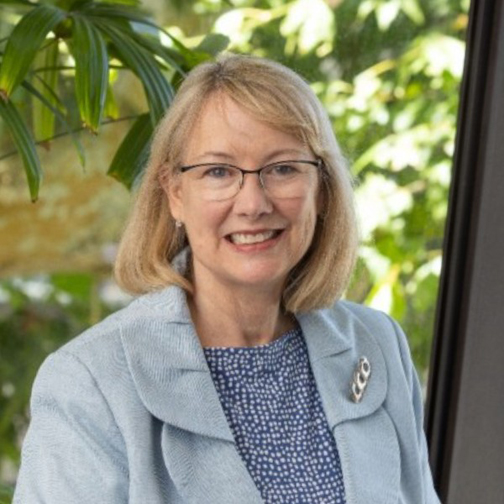The Costs of Caregiving and Resources to Support Caregivers
November is National Caregivers month, a time to honor the millions of caregivers who give their time and energy to support loved ones. More than one in five Americans provide care for an aging loved one. Informal or unpaid caregivers are the backbone of long-term care in people’s homes.
Caregivers routinely make significant personal and professional sacrifices, including stepping out of the workforce or moving from full-time to part-time work. Because of this, it’s no surprise that caregiving for loved ones can have a significantly negative impact on a caregiver’s income. According to the AARP, the estimated economic value of uncompensated family caregiving in the U.S. was $600 billion in 2021, up from $470 billion in 2017.
While caregiving for aging parents and spouses can bring satisfaction and strengthen relationships, in addition to straining one’s pocketbook, caregiving can also affect the caregiver’s physical and emotional wellbeing. According to the Centers for Disease Control, many caregivers report experiencing challenges with sleep and mental health and over 40% have two or more chronic diseases. Caregivers often put their own health and wellbeing behind that of the loved ones they are caring for.
Some self-care tips for primary caregivers from the California Dept. of Aging include:
If you know someone who is a primary caregiver, some ways in which you can help include:
- Offer to stay with the older adult while the caregiver runs errands
- Run errands for the caregiver or provide a meal
- Listen when the caregiver needs to talk
- Stay with the older adult for a few days so the caregiver can take a vacation
- Write a card or letter to show gratitude
Organizations such as the Family Caregiver Alliance (caregiver.org) can be very helpful in providing resources to help caregivers identify barriers to self-care, identifying what can and cannot be changed, goal setting and seeking assistance.
The USC VHH Community Resource Center for Aging can help caregivers talk through their situations and find creative and local resources that fit with a family’s needs, budget and sensibilities. We can be contacted at aging-resource@med.usc.edu or by calling (818) 949-4033.

Program Manager
USC Verdugo Hills Hospital
Community Resource Center for Aging
